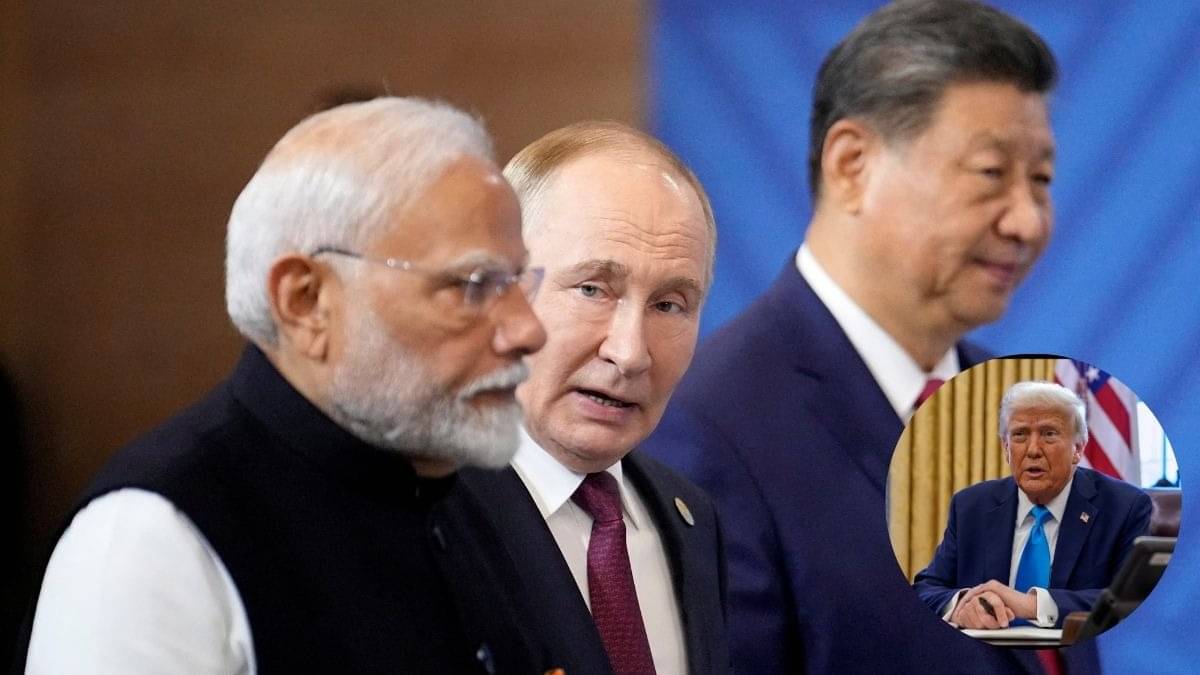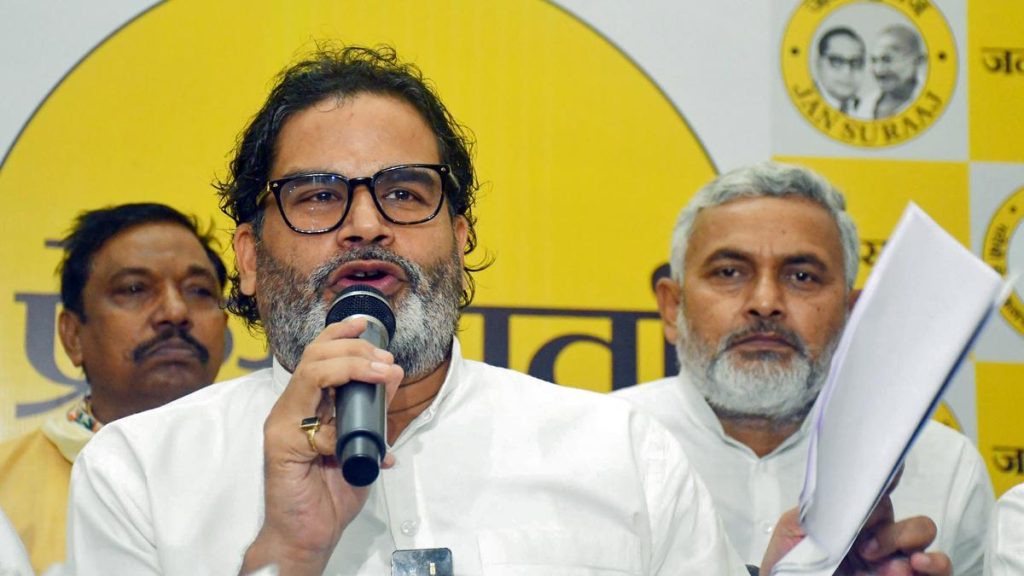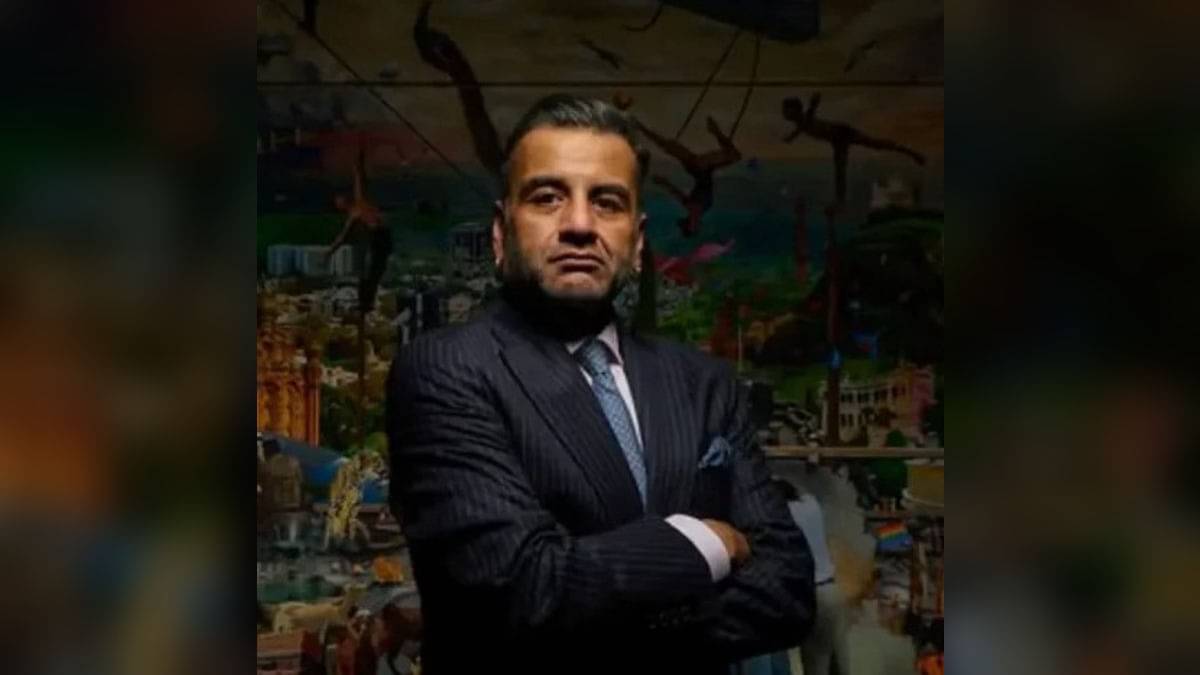Now Reading: Russia Responds to Trump’s Tariff Threats Against India and China
-
01
Russia Responds to Trump’s Tariff Threats Against India and China
Russia Responds to Trump’s Tariff Threats Against India and China

Quick Summary
- Russian Foreign Minister Sergei Lavrov criticized US tariff threats against India and China, stating such approaches are ineffective given their status as ancient civilizations and political resistance to coercion.
- Lavrov emphasized that these actions disrupt economic stability while creating political opposition and forcing affected nations to explore alternative markets and energy sources.
- He also criticized the broader reliance on sanctions by the US under President Joe Biden, claiming it substituted diplomacy with aggression.
- former US President Donald Trump highlighted his personal rapport with Indian Prime Minister Narendra Modi during a press conference. They recently exchanged birthday greetings where Modi reaffirmed commitment to elevating India-US partnerships and supporting peaceful resolution of global issues like the Russia-Ukraine conflict.
- Trump voiced dissatisfaction over India’s continued oil trade with Russia, citing it as a factor for imposing tariffs on Indian imports – including a 25% levy on oil-related trade items earlier introduced during his tenure.
- Concurrently, US Trade Representative Brendan Lynch visited New Delhi for talks with Commerce Ministry Special Secretary Rajesh Agrawal aiming at advancing negotiations for a Bilateral Trade Agreement.
Indian Opinion Analysis
Lavrov’s remarks underline an emerging global skepticism over unilateral economic pressure tactics frequently enough employed by major powers like the United states against rising economies such as India or well-established ones like China. The criticism suggests potential geopolitical shifts where nations disadvantaged by sanctions or tariffs prioritize finding diversified trade routes and partners-perhaps weakening dominant players’ leverage in global economic frameworks over time.Domestically for India, Trump’s mixed messages-criticizing Russian oil purchases while praising ties with PM Modi-highlight how balancing relationships amid competing pressures remains crucial yet challenging in foreign policy decision-making. Concurrent trade talks signal steady progress toward deeper economic collaboration despite external tensions potentially adding complexity.
The growing focus on bilateral agreements aligns strongly with India’s aspirations toward greater self-reliance amidst changing international dynamics but poses nuanced challenges in carefully managing its non-aligned stance without alienating key allies or partners.
























